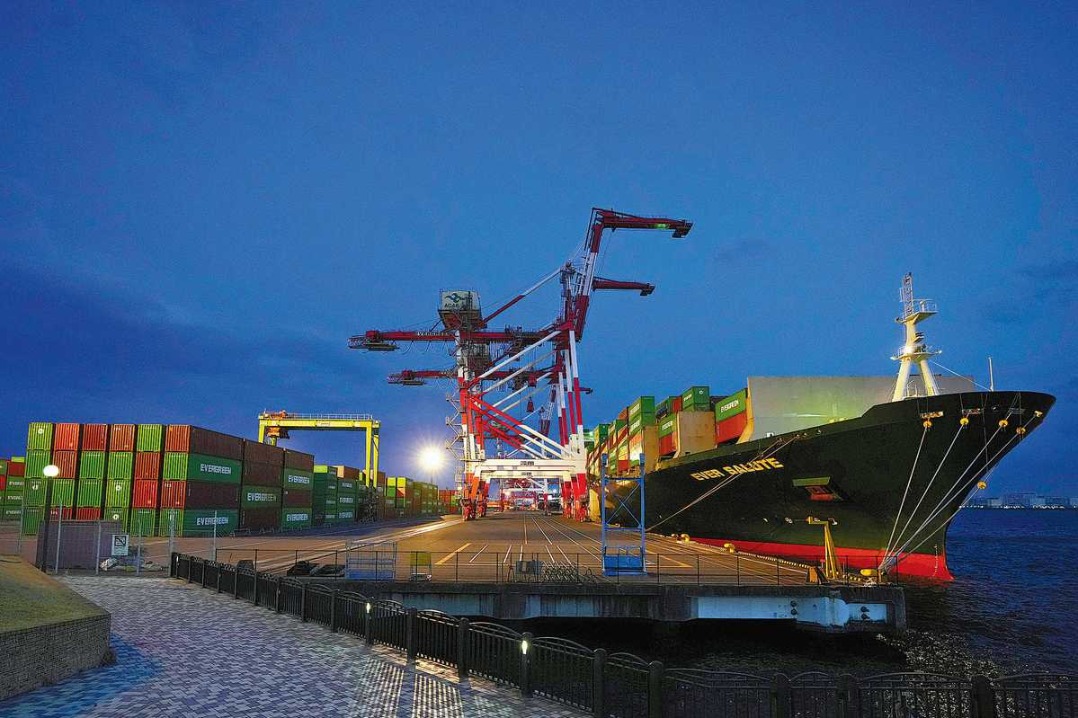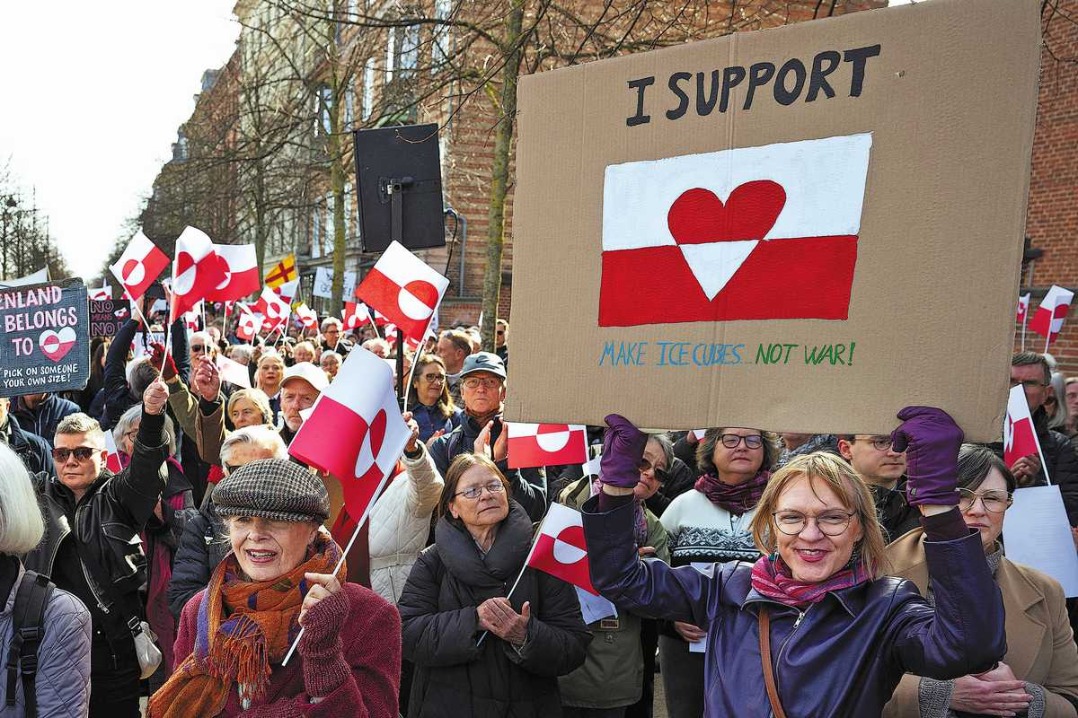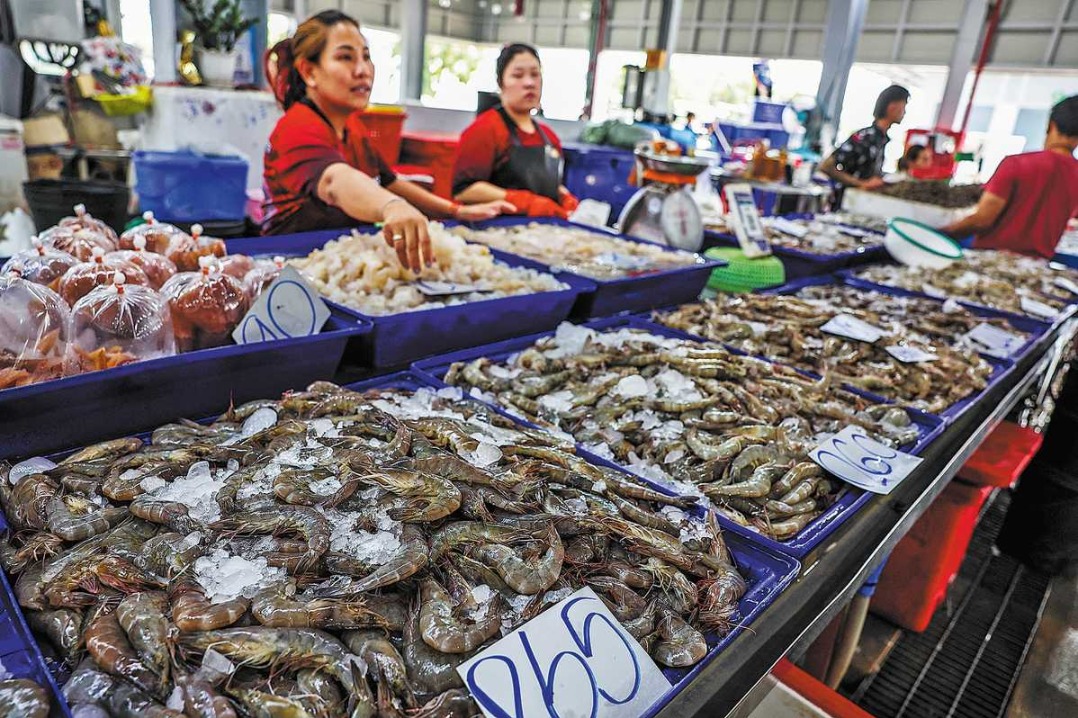Advocacy group files lawsuit over import taxes


NEW YORK — A legal advocacy group on Monday asked the United States Court of International Trade to block President Donald Trump's sweeping tariffs on foreign trading partners, arguing the president overstepped his authority.
The lawsuit was filed by the nonpartisan Liberty Justice Center on behalf of five small US businesses that import goods from countries targeted by the tariffs. The businesses range from a New York wine and spirits importer to a Virginia-based maker of educational kits and musical instruments.
The lawsuit challenges Trump's April 2 "Liberation Day" tariffs, as well as duties he separately levied against China.
"No one person should have the power to impose taxes that have such vast global economic consequences," Liberty Justice Center senior counsel Jeffrey Schwab said in a statement. "The Constitution gives the power to set tax rates — including tariffs — to Congress, not the president."
White House spokesman Harrison Fields defended Trump's tariffs in a statement.
"Never Trumpers will always oppose him, but President Trump is standing up for Main Street by putting an end to our trading partners — especially China — exploiting the US. His plan levels the playing field for businesses and workers to address our country's national emergency of chronic trade deficits."
The president's executive order invoked laws, including the International Emergency Economic Powers Act, which gives presidents special powers to combat unusual or extraordinary threats to the US.
In Monday's lawsuit, the Liberty Justice Center said the law does not give presidents the authority to impose tariffs.
"There is no precedent for using the IEEPA to impose tariffs. No other president has ever done so or ever claimed the power to do so," the lawsuit said.
Meanwhile, the Trump administration has taken its next steps toward imposing more tariffs on key imports, launching investigations into imports of computer chips, chipmaking equipment and pharmaceuticals.
The Department of Commerce posted notices about the probes late on Monday on the Federal Register, seeking public comment within three weeks. It had not formally announced them earlier.
Agencies via Xinhua

































